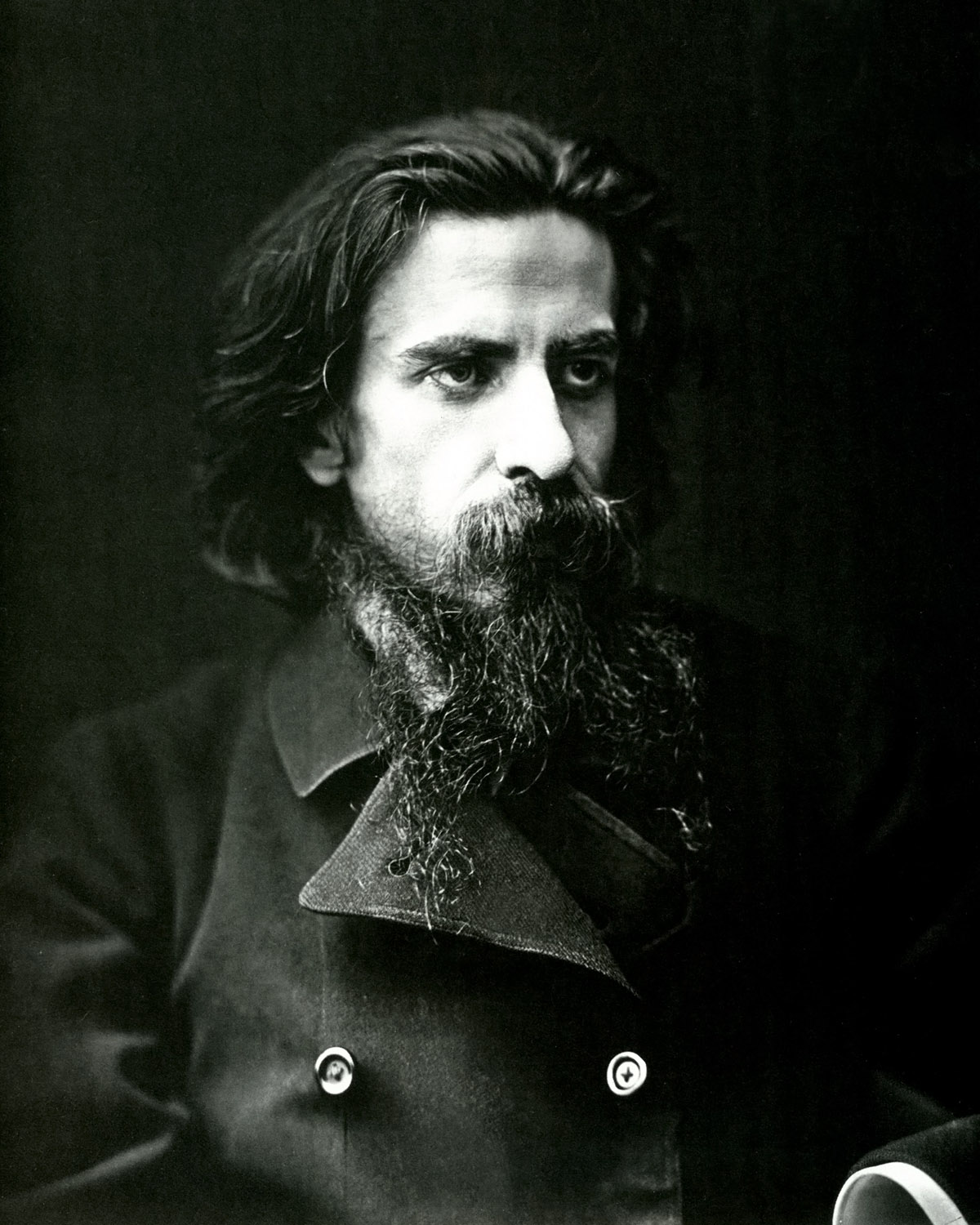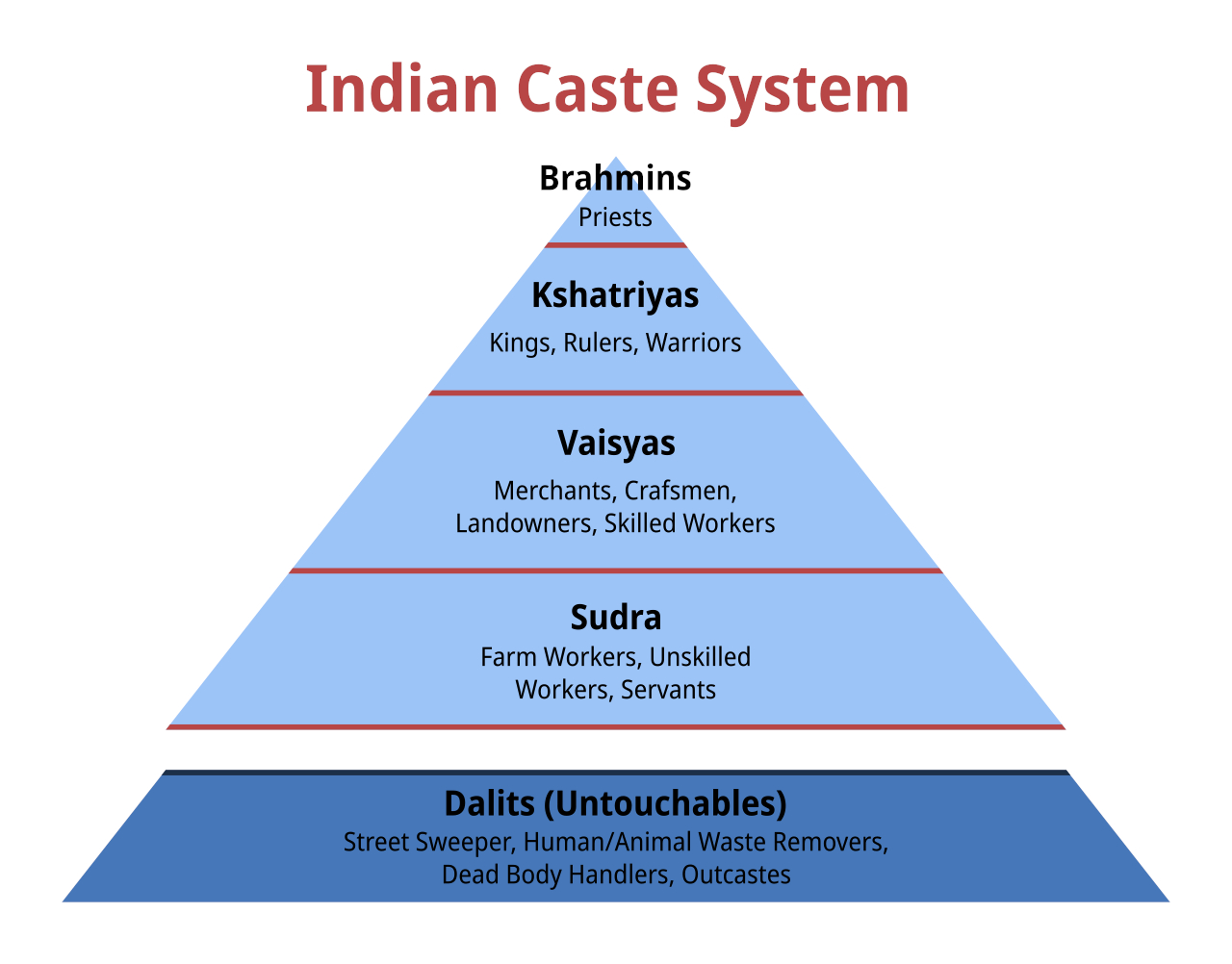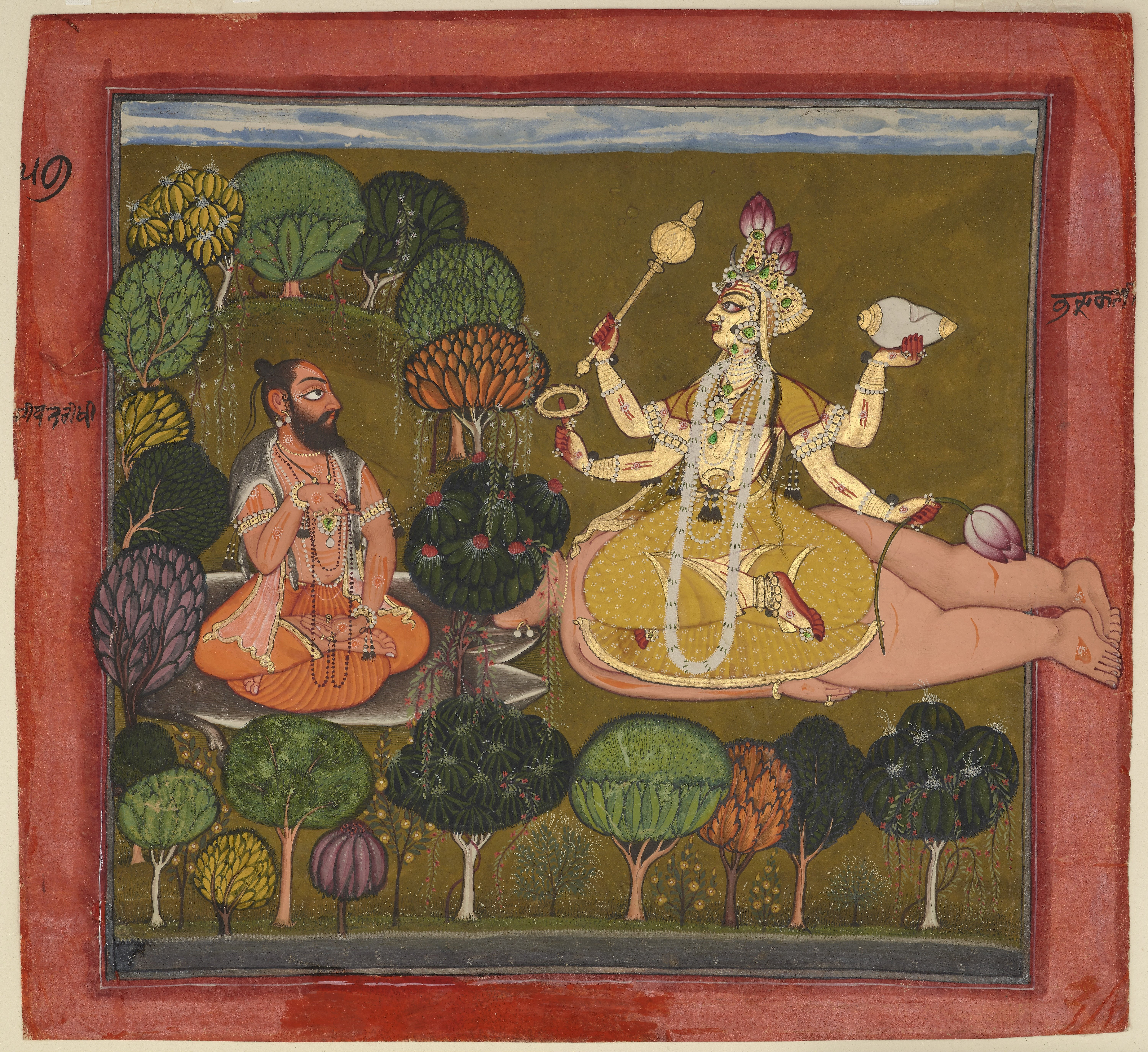|
Hinduism And Theosophy
Hinduism is regarded by modern Theosophy as one of the main sources of "esoteric wisdom" of the East. The Theosophical Society was created in a hope that Asian philosophical-religious ideas "could be integrated into a grand religious synthesis." Prof. Antoine Faivre wrote that "by its content and its inspiration" the Theosophical Society is greatly dependent on Eastern traditions, "especially Hindu; in this, it well reflects the cultural climate in which it was born." A Russian Indologist Alexander Senkevich noted that the concept of Helena Blavatsky's Theosophy was based on Hinduism. According to ''Encyclopedia of Hinduism,'' "Theosophy is basically a Western esoteric teaching, but it resonated with Hinduism at a variety of points." Philosophical parallels Merwin Snell's opinion In 1895, Prof. Merwin Snell (Catholic University of America) published an article, in which he, calling Theosophy a "peculiar form of Neo-Paganism", attempted to determine its attitude to the "va ... [...More Info...] [...Related Items...] OR: [Wikipedia] [Google] [Baidu] |
Om Symbol
''Om'' (or ''Aum''; ; , ISO 15919: ''Ōṁ'') is a polysemous symbol representing a sacred sound, seed syllable, mantra, and invocation in Hinduism. Its written form is the most important symbol in the Hindu religion. It is the essence of the supreme Absolute, consciousness,James Lochtefeld (2002), "Om", ''The Illustrated Encyclopedia of Hinduism'', Vol. 2: N-Z, Rosen Publishing. , page 482Om . ''Merriam-Webster'' (2013), Pronounced: \ˈōm\ ''Ātman (Hinduism), Ātman,'' ''Brahman,'' or the cosmic world.David Leeming (2005), ''The Oxford Companion to World Mythology'', Oxford University Press, , page 54Hajime Nakamura, ''A History of Early Vedānta Philosophy'', Part 2, Motilal Banarsidass, , page 318Annette Wilke and Oliver Moebus ... [...More Info...] [...Related Items...] OR: [Wikipedia] [Google] [Baidu] |
Parliament Of The World's Religions
There have been several meetings referred to as a Parliament of the World's Religions, the first being the World's Parliament of Religions of 1893, which was an attempt to create a global dialogue of faiths. The event was celebrated by another conference on its centenary in 1993. This led to a new series of conferences under the official title Parliament of the World's Religions with the same goal of trying to create a global dialogue of faiths. Organization The Parliament of the World's Religions was incorporated in 1989 to organize the centennial conference of the first Parliament. The Parliament is headquartered in Chicago, led by a board of trustees elected from various faiths. History 1893 Parliament Another principal organizer was Jenkin Lloyd Jones, a Unitarian. In 1893, the city of Chicago hosted the World Columbian Exposition, an early world's fair. So many people were coming to Chicago from all over the world that many smaller conferences, called Congresses and Par ... [...More Info...] [...Related Items...] OR: [Wikipedia] [Google] [Baidu] |
Vladimir Solovyov (philosopher)
Vladimir Sergeyevich Solovyov (; – ) was a Russian philosopher, theologian, poet, pamphleteer, and literary critic, who played a significant role in the development of Russian philosophy and poetry at the end of the 19th century and in the spiritual renaissance of the early 20th century. Life and work Vladimir Solovyov was born in Moscow; the second son of the historian Sergey Mikhaylovich Solovyov (1820–1879); his elder brother Vsevolod (1849-1903), became a historical novelist, and his younger sister, Polyxena (1867-1924), became a poet. Vladimir Solovyov's mother Polyxena Vladimirovna (née Romanova, d. 1909) belonged to a family of Polish origin and among her ancestors was the philosopher Gregory Skovoroda (1722–1794). In his teens, he renounced Eastern Orthodoxy for nihilism, but later his disapproval of positivism saw him begin to express some views that were in line with those of the Orthodox Church. From 1869 to 1873 Solovyov studied at the Imperial Mo ... [...More Info...] [...Related Items...] OR: [Wikipedia] [Google] [Baidu] |
Dalit
Dalit ( from meaning "broken/scattered") is a term used for untouchables and outcasts, who represented the lowest stratum of the castes in the Indian subcontinent. They are also called Harijans. Dalits were excluded from the fourfold varna of the caste hierarchy and were seen as forming a fifth varna, also known by the name of ''Panchama''. Several scholars have drawn parallels between Dalits and the '' Burakumin'' of Japan, the '' Baekjeong'' of Korea and the peasant class of the medieval European feudal system. Dalits predominantly follow Hinduism with significant populations following Buddhism, Sikhism, Christianity, and Islam. The constitution of India includes Dalits as one of the Scheduled Castes; this gives Dalits the right to protection, positive discrimination (known as reservation in India), and official development resources. Terminology The term ''Dalit'' is for those called the "untouchables" and others that were outside of the traditional Hindu caste ... [...More Info...] [...Related Items...] OR: [Wikipedia] [Google] [Baidu] |
Brahmin
Brahmin (; ) is a ''Varna (Hinduism), varna'' (theoretical social classes) within Hindu society. The other three varnas are the ''Kshatriya'' (rulers and warriors), ''Vaishya'' (traders, merchants, and farmers), and ''Shudra'' (labourers). The traditional occupation of Brahmins is that of priesthood (purohit, pandit, or pujari) at Hindu temples or at socio-religious ceremonies, and the performing of rite of passage rituals, such as solemnising a wedding with hymns and prayers.James Lochtefeld (2002), Brahmin, The Illustrated Encyclopedia of Hinduism, Vol. 1: A–M, Rosen Publishing, , page 125 Traditionally, Brahmins are accorded the supreme ritual status of the four social classes, and they also served as spiritual teachers (guru or acharya). In practice, Indian texts suggest that some Brahmins historically also became agriculturalists, warriors, traders, and had also held other occupations in the Indian subcontinent.GS Ghurye (1969), Caste and Race in India, Popular Prakasha ... [...More Info...] [...Related Items...] OR: [Wikipedia] [Google] [Baidu] |
Olav Hammer
Olav Hammer (born 1958) is a Swedish professor emeritus at the University of Southern Denmark in Odense working in the field of history of religion. Career Hammer has written four books in Swedish and one monograph, ''Claiming Knowledge: Strategies of Epistemology from Theosophy to the New Age'' (2001), and one co-authored book, ''Religious Innovation in the Hellenistic and Roman Periods'' (with Mikael Rothstein, 2023) in English. LIBRIS record foOlav Hammer/ref> The monograph, which was also Hammer's doctoral dissertation in 2000 at Lund University, investigates the rhetorical strategies of legitimization of a number of related new religious movements. Hammer is also editor of several books, including ''Polemical Encounters'' (with Kocku von Stuckrad, Brill 2007), ''The Invention of Sacred Tradition'' (with James R. Lewis, Cambridge UP 2007), ''Alternative Christs'' (Cambridge UP 2009), ''Cambridge Companion to New Religious Movements'' (with Mikael Rothstein, Cambridge UP ... [...More Info...] [...Related Items...] OR: [Wikipedia] [Google] [Baidu] |
Darsanas
Hindu philosophy or Vedic philosophy is the set of philosophical systems that developed in tandem with the first Hindu religious traditions during the iron and classical ages of India. In Indian philosophy, of which Hindu philosophy is a prominent subset, the word used for philosophy is '' Darshana'' (Sanskrit: दर्शन; meaning: "viewpoint or perspective"), from the Sanskrit root 'दृश' () meaning 'to see, to experience'. The schools of thought or ''Darshanas'' within Hindu philosophy largely equate to the six ancient orthodox schools: the '' āstika'' (Sanskrit: आस्तिक) schools, defined by their acceptance of the Vedas, the oldest collection of Sanskrit texts, as an authoritative source of knowledge. Of these six, Samkhya (सांख्य) is the earliest school of dualism; Yoga (योग) combines the metaphysics of Samkhya with meditation and breath techniques; Nyaya (न्याय) is a school of logic emphasising direct realism; Vaisheshi ... [...More Info...] [...Related Items...] OR: [Wikipedia] [Google] [Baidu] |
Occult
The occult () is a category of esoteric or supernatural beliefs and practices which generally fall outside the scope of organized religion and science, encompassing phenomena involving a 'hidden' or 'secret' agency, such as magic and mysticism. It can also refer to paranormal ideas such as extra-sensory perception and parapsychology. The term occult sciences was used in 16th-century Europe to refer to astrology, alchemy, and natural magic. The term occultism emerged in 19th-century France, among figures such as Antoine Court de Gébelin. It came to be associated with various French esoteric groups connected to Éliphas Lévi and Papus, and in 1875 was introduced into the English language by the esotericist Helena Blavatsky. Throughout the 20th century, the term 'occult' was used idiosyncratically by a range of different authors. By the 21st century the term 'occultism' was commonly employed –including by academic scholars in the field of Western esotericism ... [...More Info...] [...Related Items...] OR: [Wikipedia] [Google] [Baidu] |
Gnosis
Gnosis is the common Greek noun for knowledge ( γνῶσις, ''gnōsis'', f.). The term was used among various Hellenistic religions and philosophies in the Greco-Roman world. It is best known for its implication within Gnosticism, where it signifies a spiritual knowledge or insight into humanity's real nature as divine, leading to the deliverance of the divine spark within humanity from the constraints of earthly existence. Etymology ''Gnosis'' is a feminine Greek noun which means "knowledge" or "awareness." Liddell Scottbr>entryγνῶσις, εως, ἡ, A. seeking to know, inquiry, investigation, esp. judicial, "τὰς τῶν δικαστηρίων γ." D.18.224; "τὴν κατὰ τοῦ διαιτητοῦ γdeetr." Id.21.92, cf. 7.9, Lycurg.141; "γ. περὶ τῆς δίκης" PHib.1.92.13 (iii B. C.). 2. result of investigation, decision, PPetr.3p.118 (iii B. C.). II. knowing, knowledge, Heraclit.56; opp. ἀγνωσίη, Hp. Vict.1.23 (dub.); opp. ἄγ� ... [...More Info...] [...Related Items...] OR: [Wikipedia] [Google] [Baidu] |
Upanishads
The Upanishads (; , , ) are late Vedic and post-Vedic Sanskrit texts that "document the transition from the archaic ritualism of the Veda into new religious ideas and institutions" and the emergence of the central religious concepts of Hinduism. They are the most recent addition to the Vedas, the oldest scriptures of Hinduism, and deal with meditation, philosophy, consciousness, and ontological knowledge. Earlier parts of the Vedas dealt with mantras, benedictions, rituals, ceremonies, and sacrifices.A Bhattacharya (2006), ''Hindu Dharma: Introduction to Scriptures and Theology'', , pp. 8–14; George M. Williams (2003), Handbook of Hindu Mythology, Oxford University Press, , p. 285Jan Gonda (1975), ''Vedic Literature: (Saṃhitās and Brāhmaṇas)'', Otto Harrassowitz Verlag, While among the most important literature in the history of Indian religions and culture, the Upanishads document a wide variety of "rites, incantations, and esoteric knowledge" departing from Vedic ... [...More Info...] [...Related Items...] OR: [Wikipedia] [Google] [Baidu] |
Karma In Hinduism
Karma is a concept of Hinduism which describes a system in which beneficial effects are derived from past beneficial actions and harmful effects from past harmful actions, creating a system of actions and reactions throughout a soul's ( jivatman's) reincarnated lives, forming a cycle of rebirth. The causality is said to apply not only to the material world but also to our thoughts, words, actions, and actions that others do under our instructions. Paramhans Swami Maheshwarananda, ''The hidden power in humans'', Ibera Verlag, page 23., For example, if one performs a good deed, something good will happen to them, and the same applies if one does a bad thing. In the Puranas, it is said that the lord of karma is represented by the planet Saturn, known as Shani. According to Vedanta thought, the most influential school of Hindu theology, the effects of karma are controlled by God (Isvara). There are four different types of karma: ''prarabdha'', ''sanchita'', and ''kriyamana'' a ... [...More Info...] [...Related Items...] OR: [Wikipedia] [Google] [Baidu] |
Reincarnation
Reincarnation, also known as rebirth or transmigration, is the Philosophy, philosophical or Religion, religious concept that the non-physical essence of a living being begins a new lifespan (other), lifespan in a different physical form or physical body, body after biological death. In most beliefs involving reincarnation, the soul of a human being is immortality, immortal and does not disperse after the physical body has perished. Upon death, the soul merely becomes transmigrated into a newborn baby or into an animal to continue its immortality. (The term "transmigration" means the passing of a soul from one body to another after death.) Reincarnation (''punarjanman'') is a central tenet of Indian religions such as Hinduism, Buddhism, Jainism, and Sikhism. In various forms, it occurs as an esoteric belief in many streams of Judaism, in certain Paganism, pagan religions (including Wicca), and in some beliefs of the Indigenous peoples of the Americas and of Australian ... [...More Info...] [...Related Items...] OR: [Wikipedia] [Google] [Baidu] |









